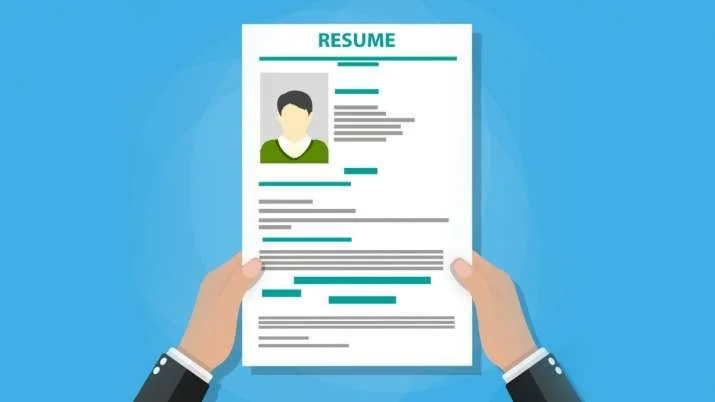What I Learned Applying for Summer Internships (Pt.1)
By: Sydney Henry ‘24
The semester is winding down fast and summer is approaching very quickly. Some people are deciding to go on vacation, some people are getting a summer job, and some just want to do nothing this summer. This summer I’ll be doing an internship. One that’s both paying me (one of the most important parts) and giving me vital experience in the field I possibly want to go into once I graduate college. A lot of people, including myself, don’t know where to start when it comes to applying for internships. So here is what I have learned while applying for internships.
Let’s start out with defining what an internship is:
Internship - the position of a student or trainee who works in an organization, sometimes without pay, in order to gain work experience or satisfy requirements for a qualification. (Definition courtesy of Google)
The first thing you want to think about is what type of internship you want to go for. A couple questions to ask yourself are:
Do you want an internship related to your major and/or minor?
Do you want an internship related to the field you possibly want to go into?
Do you just want a (random) internship to gain basic experience? *This isn’t heavily recommended as when you eventually apply for specific internships this experience may or may not help you.*
Do you want an internship that is paid, unpaid, or for college credit? *In my opinion, unpaid internships should be illegal as many require you to work 20-40 hours per week or even more which is basically the same amount of hours a salary employee would work.*
Next you want to create and/or edit your resume and cover letter. A resume is very important because it is how you sell yourself to potential employers and show off what qualifications you possess that would make you a good candidate for the internship.
A lot of people have a resume or even know how to write one. A good resource to make use of is the USC Career Center. They will help you create a resume or help you review and edit your current one.
Some general “rules” that are followed when it comes to a resume are:
A resume should be one page. So only make sure to include the most relevant information including education, work experience (if you don’t have any use volunteer work as a replacement), extracurricular activities, and skills.
Include numerical values when describing what tasks you completed when working. For example, “Collect further content for various social media platforms to surpass the consistency of 16-20 likes per post.” While the numbers are small they capture measurable growth.
In terms of a cover letter, most of the time they are optional to include in your application. I believe it's important to have one in case an employer asks for it or use it to further support your resume.
Your cover letter is where you can expand upon specific areas of your resume you deem important to point out to potential employers and brag about yourself. I know that bragging gets a bad rep but it can work to your advantage when used correctly.
I’ve split this post into two parts, so make sure to read part two once it’s posted. As always, #FightOn!
Want more from Trojans 360?
Visit Trojans 360 on Facebook & Twitter to stay up to date with more student content! You can also Ask A Trojan an anonymous question, and we’ll try to answer it in a future post. And don’t forget to follow us on Instagram!
Trojans 360 is USC’s official student-run blog. Content created by students, for students.




